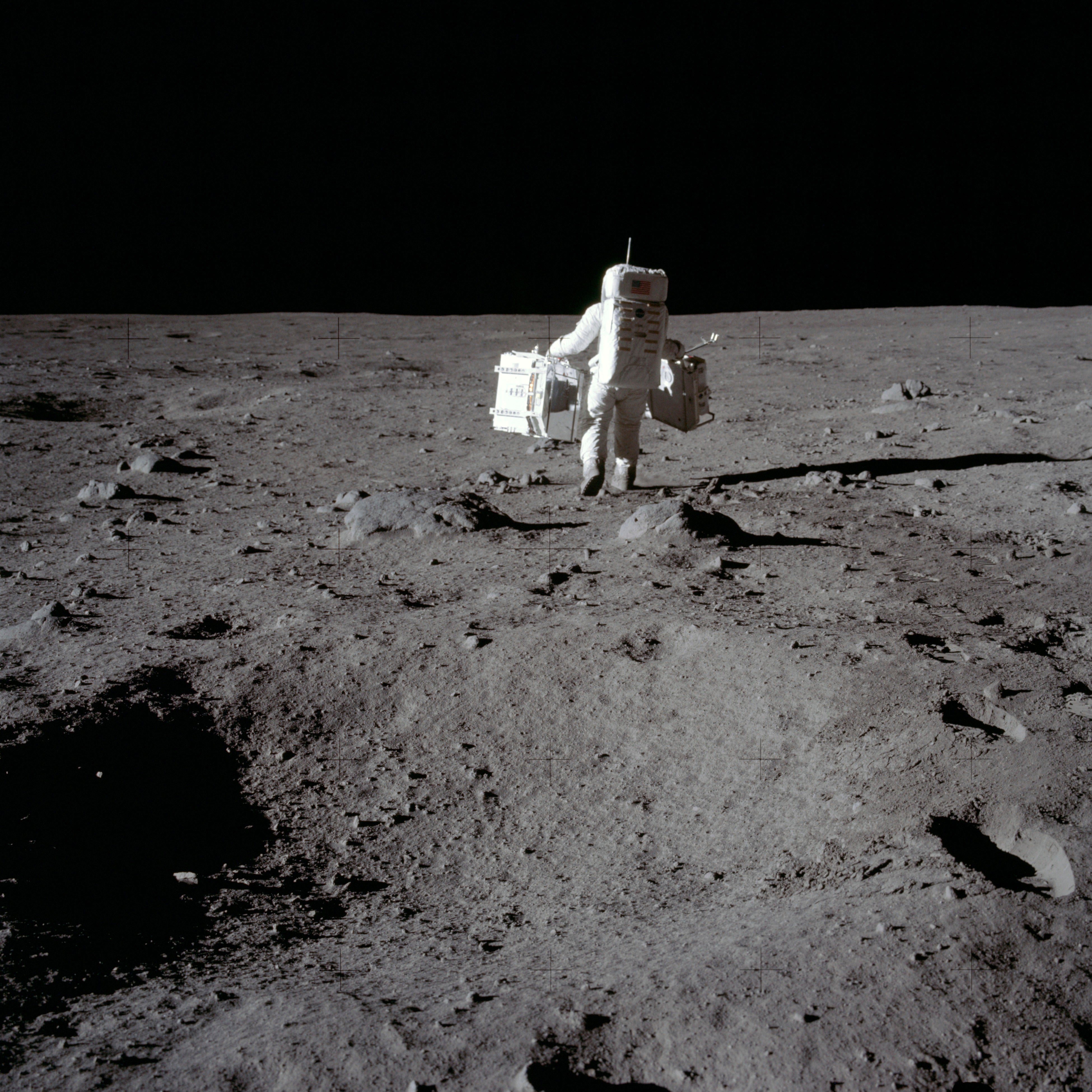NASA's new moonshot rules: No fighting or littering, please
NASA’s new rules for its moon-landing program say no fighting or littering is allowed

Your support helps us to tell the story
From reproductive rights to climate change to Big Tech, The Independent is on the ground when the story is developing. Whether it's investigating the financials of Elon Musk's pro-Trump PAC or producing our latest documentary, 'The A Word', which shines a light on the American women fighting for reproductive rights, we know how important it is to parse out the facts from the messaging.
At such a critical moment in US history, we need reporters on the ground. Your donation allows us to keep sending journalists to speak to both sides of the story.
The Independent is trusted by Americans across the entire political spectrum. And unlike many other quality news outlets, we choose not to lock Americans out of our reporting and analysis with paywalls. We believe quality journalism should be available to everyone, paid for by those who can afford it.
Your support makes all the difference.NASA’s new moonshot rules: No fighting and littering. And no trespassing at historic lunar landmarks like Apollo 11′s Tranquility Base.
The space agency released a set of guidelines Tuesday for its Artemis moon-landing program, based on the 1967 Outer Space Treaty and other agreements. So far, eight countries have signed these so-called Artemis Accords.
Founding members include the U.S. Australia, Canada, Italy, Japan, Luxembourg, United Arab Emirates and the United Kingdom. NASA Administrator Jim Bridenstine said he expects more countries to join the effort to put astronauts back on the moon by 2024.
It promises to be the largest coalition for a human spaceflight program in history, according to Bridenstine, and is expected to pave the way for eventual Mars expeditions.
It's important not only to travel to the moon “with our astronauts, but that we bring with us our values," noted NASA's acting chief for international and interagency relations, Mike Gold.
Rule No. 1: Everyone must come in peace. Other rules:
— Secrecy is banned, and all launched objects need to be identified and registered.
— All members agree to pitch in with astronaut emergencies.
— Space systems must be universal so everyone's equipment is compatible, and scientific data must be shared.
— Historic sites must be preserved, and any resulting space junk must be properly disposed.
— Rovers and other spacecraft cannot have their missions jeopardized by others getting too close.
Violators could be asked to leave, according to Bridenstine.
The coalition can say, “Look, you’re in this program with the rest of us, but you’re not playing by the same rules,” Bridenstine said.
The U.S. is the only country to put humans on the moon: 12 men from 1969 through 1972.
Russia is still on the fence. The country's space agency chief, Dmitry Rogozin, said at an International Astronautical Congress virtual meeting Monday that the Artemis program is U.S.-centric and he would prefer a model of cooperation akin to the International Space Station.
China, meanwhile, is out altogether. NASA is prohibited under law, at least for now, from signing any bilateral agreements with China.
___
The Associated Press Health and Science Department receives support from the Howard Hughes Medical Institute’s Department of Science Education. The AP is solely responsible for all content.